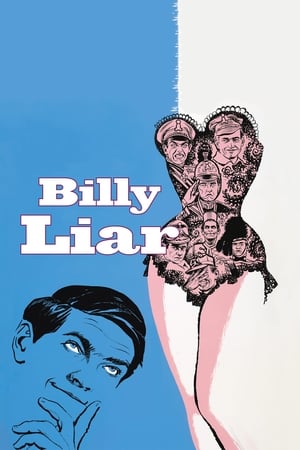
Billy Liar
Billy Liar is a 1963 British film that captures the monumental changes of the era: the sexual revolution and the destruction of England's old town centres in modernisation schemes. In Bradford, Yorkshire young Billy Fisher (Tom Courtenay) is working a soul-crushing job in a funeral home and suffering daily the derision of his elderly parents. His only escape from this drudgery is his active imagination, where he imagines himself leader of his own country and misleads other townspeople about his family's situation with little fibs. His propensity to make things up and shrug off his responsibilities, however, leads him to end up dating two women at the same time (Helen Fraser and Gwendolyn Watts), though ultimately he dreams of escaping with the liberated Liz (Julie Christie). As a snapshot of Britain at a particular time, this is a valuable film. As background to Fisher's own personal struggles, the camera often shows wrecking balls smashing down the walls of old homes, and at one point a town councillor marks an entire swath of the city for demolition. A scene at a dance club captures the growing influence of rock 'n' roll on Britain. Old class tensions persisted, however, though American audiences might not entirely get this as it is often suggested only by characters' particular accents. The ending is a letdown though, essentially saying that young people should give up their silly dreams and give in to their parents' demands. This moral lesson was entirely overturned by the youth revolution that erupted through the Sixties. As the UK saw full employment through that decade, young people could take the risk of following their dreams even if it meant a rupture with their families and hometowns. Nonetheless, the comedic approach in the film makes it entertaining almost throughout, and I'd recommend that anyone see it at least once.
